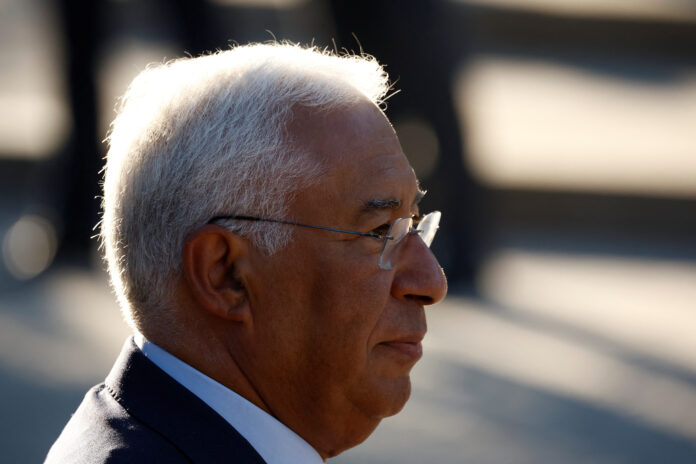Portugal’s government plunged into chaos following Prime Minister António Costa’s unexpected resignation Tuesday, hours after police raided his official residence and confirmed his implication in a corruption probe, according to Politico.
With the country’s leadership now in flux, it falls to President Marcelo Rebelo de Sousa to exercise his constitutional right to appoint a new prime minister, or dissolve parliament, sparking an election.
Costa has dominated Portugal’s political landscape since taking power in 2015, defeating external rivals and cannily eliminating potential usurpers within the ranks of his Socialist Party. But on Tuesday his command of the country came to an abrupt end after the police raided his official residence and several ministries as part of an investigation into corruption surrounding lithium exploration schemes and a green hydrogen mega-project.
The skill with which the disgraced prime minister managed to get rid of those who could threaten his leadership is now proving to be a problem for Rebelo de Sousa, who accepted Costa’s resignation hours after the raids took place.
The president announced he will ask for advice on the best path forward from leaders of political parties with representation in parliament on Wednesday. The Council of State, an advisory body to the president, will meet on Thursday. Rebelo de Sousa will address the nation afterward.
While many expect him to dissolve parliament, he could take other routes.
Rebelo de Sousa could ask Costa to stay on as caretaker until his proposed 2024 budget is passed at the end of the month and dissolve parliament afterward. Costa also could be asked to stay until a new election is held.
Another option is that the president will name a new prime minister instead of dissolving the parliament. Costa’s Socialist Party controls an absolute majority of the seats in the legislative body and Rebelo de Sousa could opt to choose a successor from within its ranks in order to sidestep the possibility of a major political shift and ensure that the budget is passed on schedule.
Portugal’s constitution gives the president wide scope in choosing a replacement for a prime minister who has resigned. After José Manuel Barroso quit to join the European Commission in 2004, then-president Jorge Sampaio appointed Lisbon mayor and Social Democratic Party Vice President Pedro Santana Lopes — who at the time wasn’t even a member of parliament — to the post.
But few current Socialist Party members are seen as being up to the task in the midst of a far-reaching corruption probe that already has led to the arrest of figures such as the prime minister’s Chief of Staff Vítor Escária, and the indictment of Minister of Infrastructure João Galamba.
That makes it more likely 74-year-old Rebelo de Sousa, a law professor who helped write Portugal’s constitution, will dissolve the parliament and call for new elections — a move that could lead to more chaos.
While Costa’s Socialist Party has dropped more than 10 points since the last election was held in 2022, it still narrowly leads in the polls and could score the most seats should another vote be held. It’s unclear what effect it would have on the country to have a party involved in a major corruption investigation remain in power.
The Socialists’ main rival on the center-right is the Social Democratic Party, which ruled Portugal following its economic collapse after the 2011 European debt crisis. The party has struggled to free itself of its association with austerity policies and its current leader, lawyer Luís Montenegro, has failed to gain traction with the general public.
In a speech on Tuesday night Montenegro said the government had fallen “from within” and that the only option was to hold a new election because the “legitimacy of the Socialist Party has collapsed.”
The social democratic leader insisted his party was ready to win over a majority of the Portuguese public, but polls suggest the social democrats’ most likely path to power would require forming a coalition government with the far-right Chega group, which has been steadily growing and came in third in the last election.
Montenegro told the press he would never form a government with Chega but it remains to be seen if that is enough to convince moderate voters.


